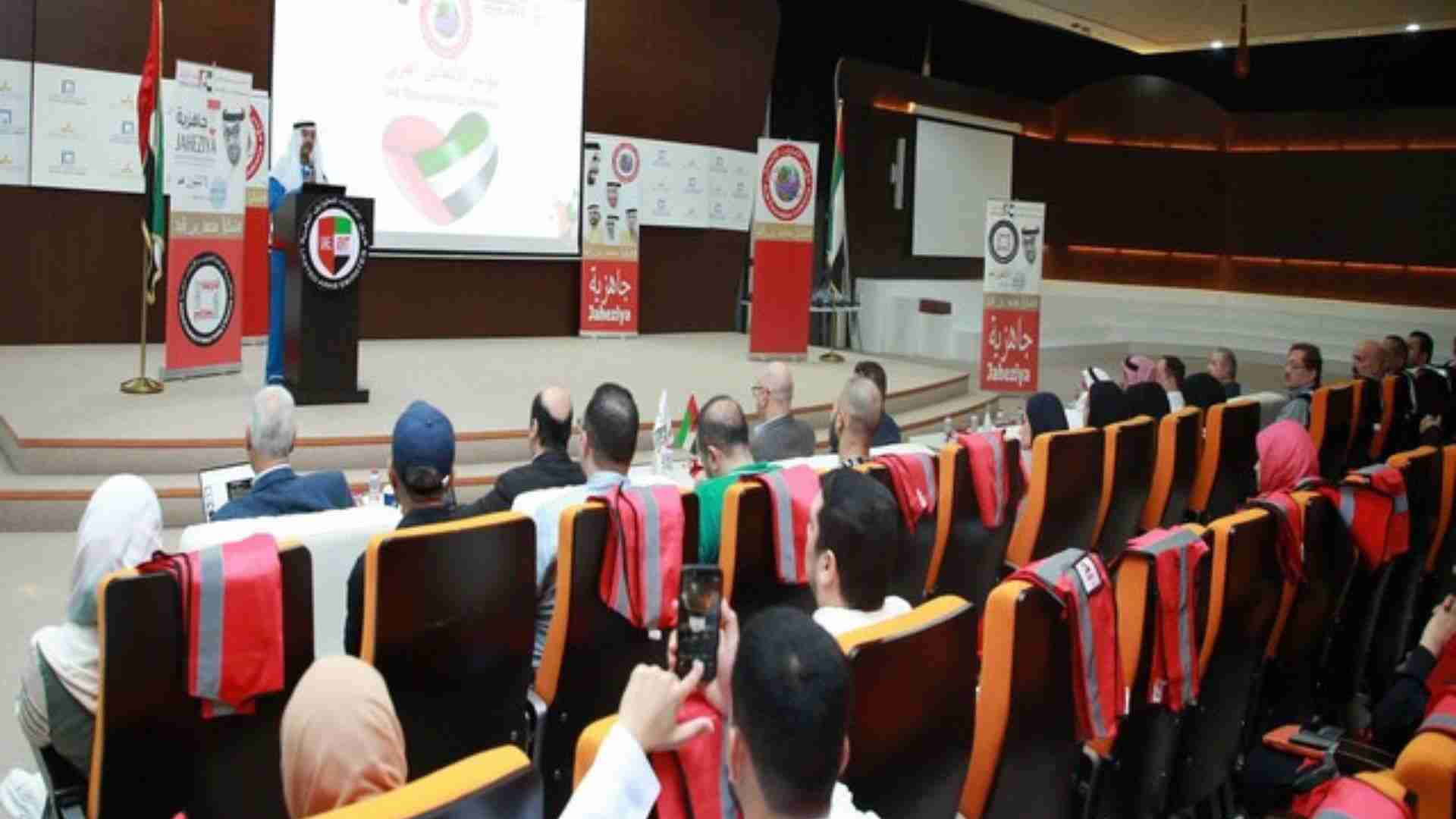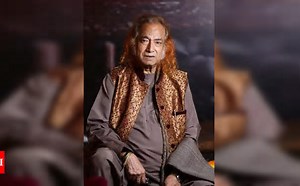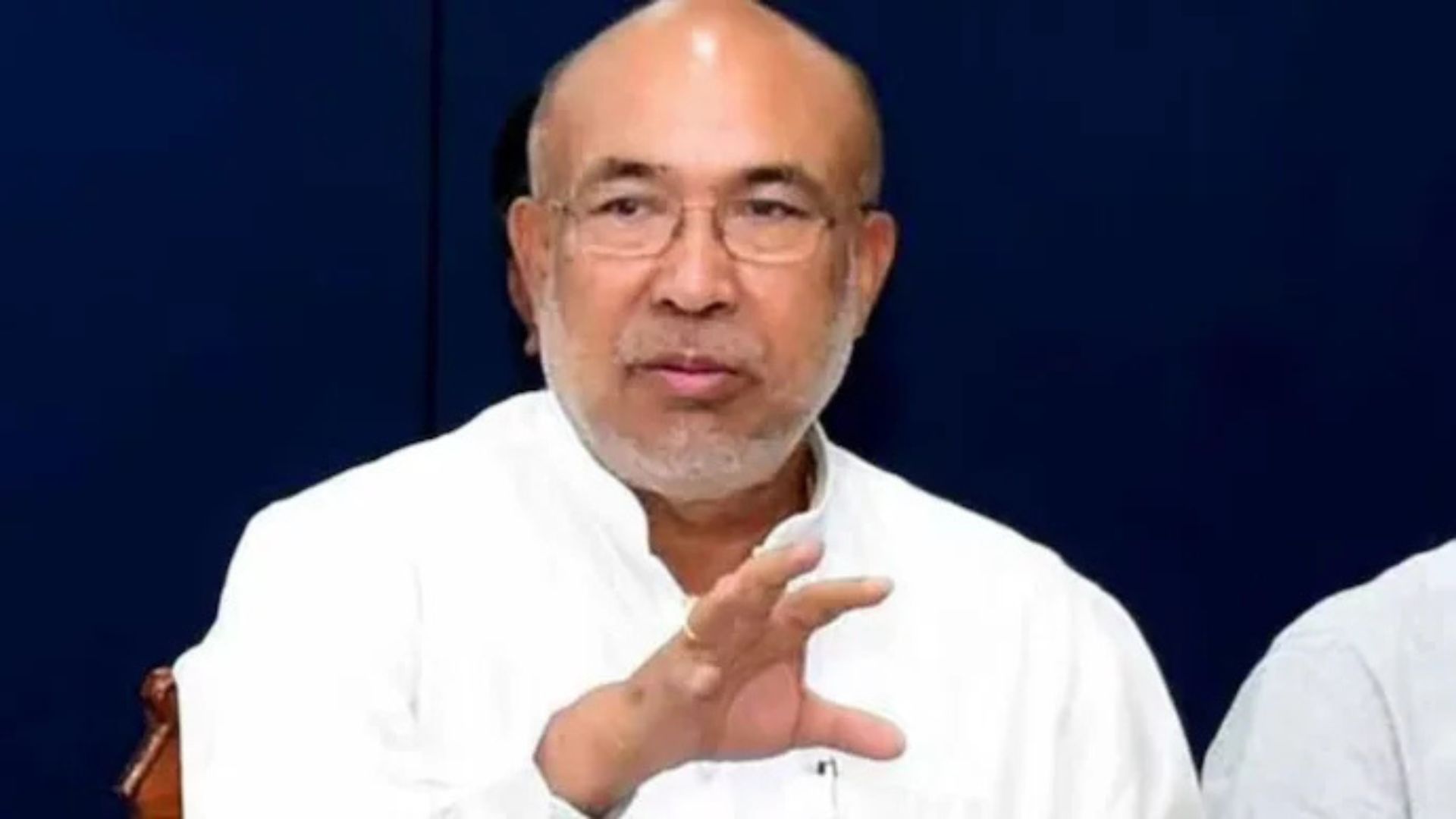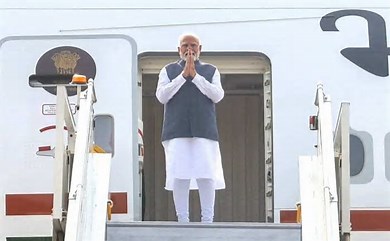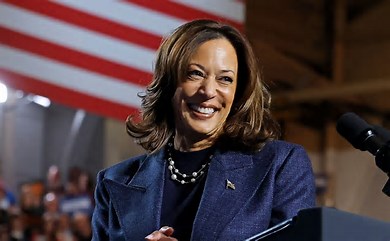
Historically several challenges have plagued the 8 states of the Northeast of India. The eight states in question are Assam at the centre, with seven around: Arunachal with a disturbed China border, Tripura (along with Meghalaya, Assam, Mizoram) with a major Bangladesh border, Nagaland and Manipur with ethnic conflicts between them, Mizoram (along with Manipur and Nagaland) with a Burma border, and finally Sikkim with a border with Nepal. Over the decades, the region has been plagued with regional and international insurgencies, tensions within the region due to many ethnicities some at loggerheads among themselves, unresolved international borders (especially with China and Bangladesh), and ‘tyranny of distance’ from national capital.
8 pillars of development & AFSPA
Prime Minister Narendra Modi has several times talked about 8 pillars of development for Northeast, those of peace, power, tourism, 5G connectivity, culture, natural farming, sports, and exploiting the potential for development of NE region. He has stressed that the erstwhile Congress government’s Look East Policy is now Act East. Many peace agreements have been signed specially with the Nagas, inter-state boundary agreements are done, and there is a marked reduction in the acts of extremism. Having said that, there is widespread discontent about the role of the army especially in Manipur and Nagaland, where civilians have raised strong protests against army heavy handedness and called for repeal or amendment of the AFSPA (Armed Forces Special Powers Act) which gives impunity to the army in its actions against the civilian population as well. The government has remained silent on this demand, which the critics have noted as an index of no real peace or lasting curbing of extremism in the region.
Political Manoeuver
The focus of the Modi government in the Northeast was two-fold: political and infrastructural. The ruling party has created a Northeast political coordination committee led by a Congress turncoat and now the Chief Minister of Assam, Himanta Biswasarma, originally tasked to turn every NE state government an ally of the Centre, through winning elections or poaching opposition legislators and he managed to do that effectively winning in Assam and Tripura, breaking or changing governments in Arunachal, Manipur, Nagaland and Meghalaya through ‘management’ of legislators and regional parties. Alongside, the other political plank has been the promise to drive out undocumented migrants, especially from the neighboring Bangladesh, and some from Burma and Nepal, which on ground has fuelled anti-Muslim and even anti-Bengali sentiments.
Infrastructural Development
The second focus has been infrastructural. The government notes that in the last 8 years, the number of airports in NE have jumped from 9 to 16, flights have increased from 900 to almost 1900. Incomplete bridge projects, including the mega one in Dibrugarh linking two states, have been completed and commissioned. Many states here have come up strongly in the railway map of India. National Highways length has been increased by more than a third in the region. With the launch of PMDevINE scheme, infrastructural projects have gained in momentum. Government now working on improving the digital connectivity by increasing optical fibre network, with 5G expected to push the startup ecosystem further. The Northeast Council, inaugurated in 1972, has just completed its golden jubilee, during which PM Modi has promised to bring G20 meetings to the region which would make the world come to NE with an apt opportunity to showcase the nature, culture and potential of the region. To this effect, projects worth Rs.6800 crores were announced in December, 2022.
Undoubtedly, there has been a lot of action on ground by the Modi government in Northeast with ‘smart’ politics coupled with heavy infra spending.
Prof Ujjwal K Chowdhury is an educationist, born and brought up in the Northeast of India, in Arunachal and Assam.

